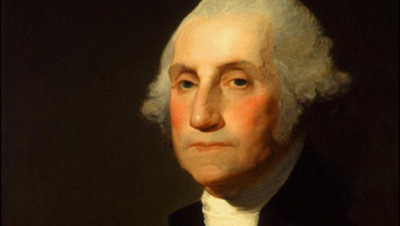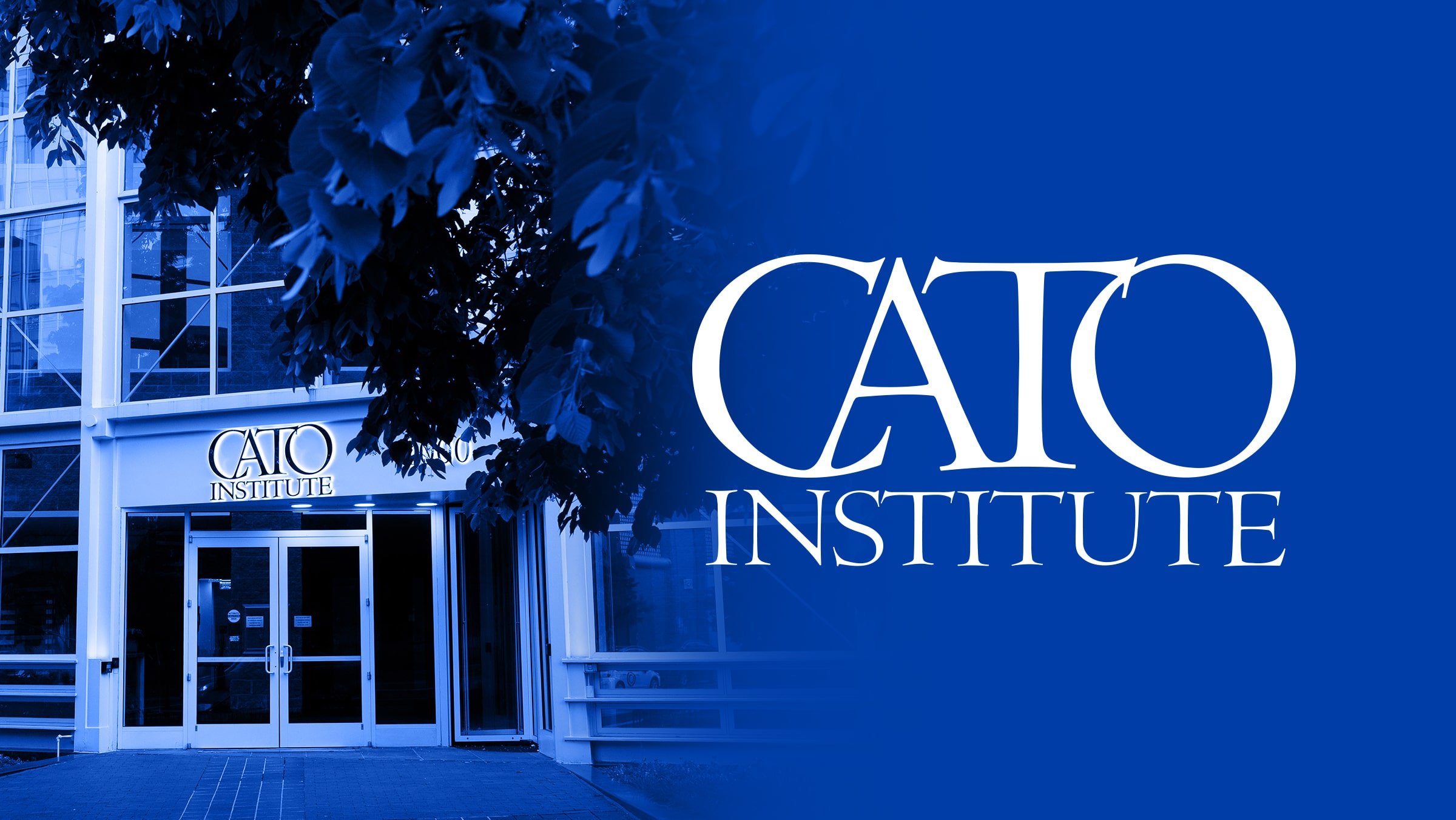In a political landscape often dominated by the two major parties, independent candidates emerge as powerful voices of dissent, offering alternative solutions and perspectives. This article explores the history, platforms, and notable election victories of important independent candidates in the United States, along with relevant quotes that capture their spirit.
A Historical Overview:
Independent candidates in the United States have played a crucial role in challenging the status quo and promoting alternative visions for the country. While there have been numerous independent candidates over the years, we will focus on some of the most influential ones.
Platform:
Independent candidates often run on a diverse range of platforms and ideologies, reflecting the diversity of views in American politics. However, they tend to emphasize common themes:
Anti-Establishment: Independents often position themselves as anti-establishment candidates, promising to break free from the influence of the two major parties.
Pragmatism: Many independents advocate for practical, solutions-oriented governance that transcends partisan gridlock.
Fiscal Responsibility: A commitment to fiscal responsibility and balanced budgets is a common theme among independent candidates.
Notable Election Victories:
- George Washington (1789 and 1792): George Washington, the nation's first president, ran as an independent candidate, unaffiliated with any political party. His unanimous election in 1789 and subsequent victory in 1792 set a precedent for independent leadership.
"I hope I shall possess firmness and virtue enough to maintain what I consider the most enviable of all titles, the character of an honest man." — George Washington.
- Ross Perot (1992): Ross Perot, a self-made billionaire, ran as an independent candidate in the 1992 presidential election. He focused on issues such as reducing the national debt, government reform, and trade.
"The budget should be balanced, the treasury should be refilled, the public debt should be reduced and the arrogance of public officials should be controlled." — Ross Perot.
- Bernie Sanders (2016 and 2020): Bernie Sanders primarily identifies as a Democratic Socialist and has served as an Independent U.S. Senator from Vermont.
"It is time we had democratic socialism for working families, not just Wall Street billionaires." — Bernie Sanders.
Relevance and Influence:
Independent candidates often serve as a reminder of the importance of alternative voices in American politics. While they may not always win elections, their campaigns can push major parties to address pressing issues and adopt new policies.
Independent candidates have a long and storied history in American politics. They challenge the status quo, bring unique perspectives to the national conversation, and sometimes achieve significant electoral success. While the road to victory as an independent candidate can be challenging, their campaigns often leave a lasting impact on the political landscape and the policies pursued by major parties.







